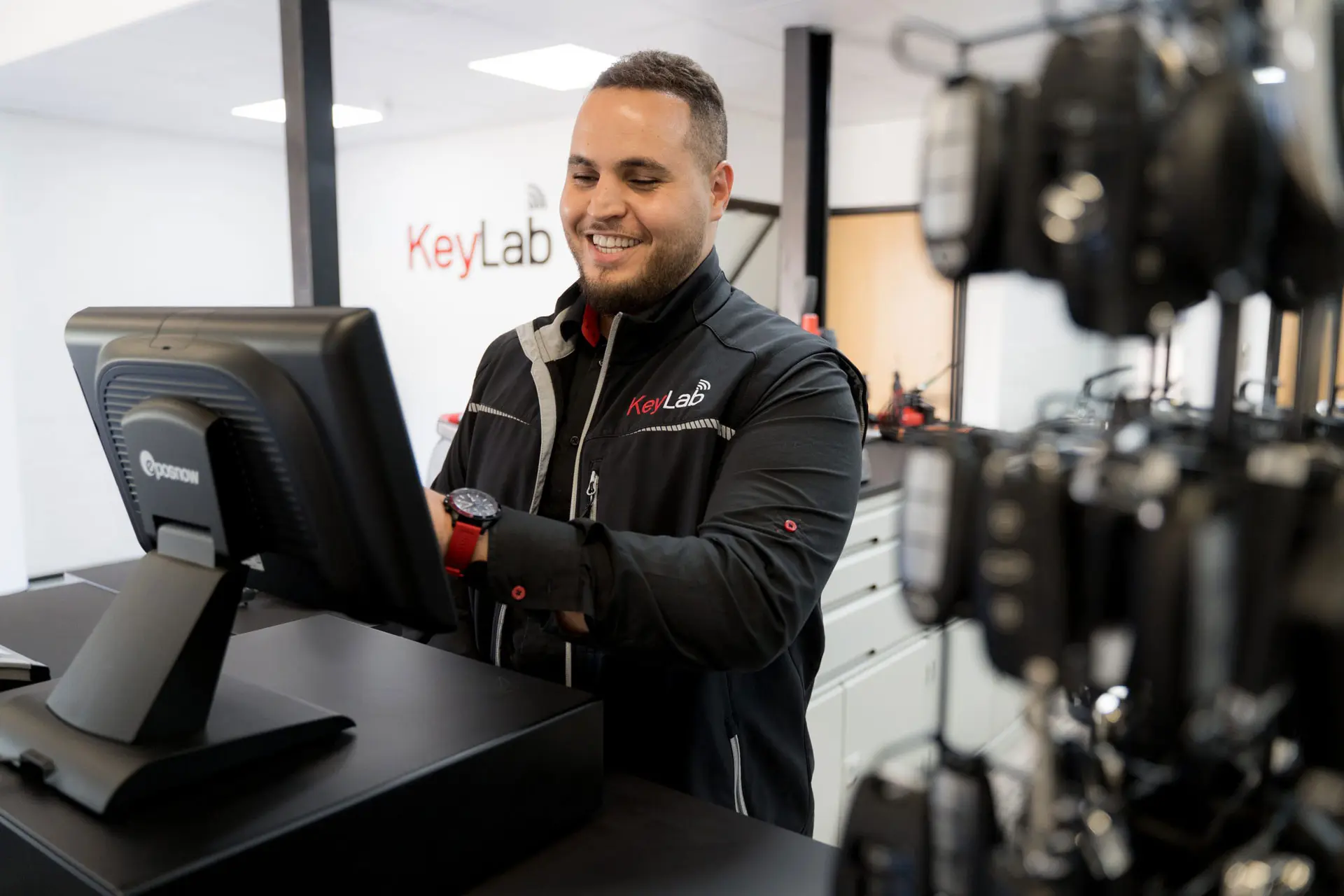car-key-replacement-company8683
car-key-replacement-company8683
Are Emergency Car Key Repair The Best There Ever Was?

Emergency Car Key Repair: A Comprehensive Guide
Car keys are an important part of vehicle ownership, and their sudden malfunction can trigger substantial trouble. Whether lost, broken, or damaged, knowing how to handle emergency car key repair is vital for any vehicle owner. This comprehensive guide explores different elements of car key repair and replacement, addressing common issues, prospective solutions, and the significance of professional services.
Comprehending Car Keys
Modern car keys can be found in different types, each featuring unique technologies and functionalities. The main types include:
- Traditional Mechanical Keys: The most basic form, these keys operate through a mechanical locking mechanism.
- Transponder Keys: Equipped with a chip that interacts with the car’s ignition system for enhanced security.
- Key Fobs: Remote access systems that frequently include keyless entry features.
- Smart Keys: Advanced systems that enable keyless ignition and entry, generally found in more recent vehicles.
Typical Issues with Car Keys
In emergency scenarios, comprehending the cause of car key malfunction can assist identify the best approach for repair. Some often come across issues consist of:
- Key Breakage: Often takes place due to use and tear or extreme pressure when placing or turning the key.
- Lost Keys: Misplacement or loss of keys can leave a vehicle owner stranded.
- Dead Key Fob Battery: A common issue with remote keys, causing failure in keyless entry or ignition.
- Transponder Key Malfunction: If the chip in the key is damaged, the vehicle might not acknowledge the key.
- Lock Cylinder Issues: Problems with the ignition or door lock cylinders can avoid the key from turning effectively.
Do It Yourself Emergency Car Key Repairs
Before availing professional services, particular circumstances may permit DIY repairs. Nevertheless, these techniques depend on the concern at hand. Below are some techniques:
1. Broken Key Repair
Materials Needed: Super glue, a pair of pliers, and wet wipes.
Actions:

- Carefully align the two pieces of the broken Key repair key.
- Use a percentage of super glue to the break and hold the key together for a few minutes.
- Wrap the key with tape to offer additional support while the glue dries.
- If the key breaks again, consider getting a duplicate made.
2. Dead Key Fob Battery Replacement
Products Needed: New battery (usually CR2032), small flat-head screwdriver.
Actions:
- Open the key fob utilizing the screwdriver.
- Remove the old battery thoroughly.
- Change it with a new battery, ensuring the favorable (+) side deals with the right instructions.
- Close the fob and test the functions.
3. Lock Cylinder Issues
If your key will not kip down the lock, it may be due to debris or issues with the cylinder itself.
Materials Needed: Lubricant spray, an old tooth brush or cloth.
Actions:
- Spray a small quantity of lube into the lock cylinder.
- Utilize a fabric or old toothbrush to clear any debris or dirt.
- Attempt to turn the key carefully.
When to Seek Professional Help
While lots of concerns might be solved through DIY methods, some issues require the expertise of an expert locksmith or car dealer. The following circumstances normally necessitate professional intervention:
- Severe Damage: If the key is considerably damaged or broken, changing it may be necessary.
- Transponder Key Issues: Expert reprogramming may be needed if the key fails to interact with the vehicle.
- Key Duplication: For complicated key types, a locksmith makes sure precise duplication or replacement.
Advantages of Choosing Professional Services
- Expertise: Professionals have the essential training and experience to deal with various kinds of keys.
- Time Savings: Instead of experimentation, experts can fix concerns efficiently.
- Access to Technology: Locksmiths can reprogram transponder keys and key fobs that require customized devices.
Comparison Table: DIY vs. Professional Services
| Aspect | DIY Solutions | Professional Services |
|---|---|---|
| Cost | Low (very little tools) | Higher (service fees) |
| Skill Required | Standard | Advanced |
| Time Efficiency | Variable | Quick |
| Repair Capabilities | Restricted to small issues | Large range of repairs |
| Tool Accessibility | Basic tools | Specialized equipment |
Regularly Asked Questions (FAQs)
1. Can I get a car key made without the original?
Yes, a locksmith can frequently develop a duplicate key using the vehicle’s VIN (Vehicle Identification Number).
2. How long does it require to replace a car key?
The time required depends on the key type and the complexity of the locksmith’s work. Standard keys might take a couple of minutes, while electronic key fobs may take longer.
3. Will my car service warranty cover key replacement?
Usually, car service warranties do not cover key replacement. Nevertheless, it’s finest to check with your dealership concerning coverage specifics.
4. Is it safe to purchase car keys online?
Purchasing car keys online can be risky; it’s crucial to ensure that the provider is reputable. Lots of keys need programming that can just be done by specialists.
5. What should I do if my key gets stuck in the ignition?
If your key is stuck, avoid forcing it out. Instead, switch off the vehicle, make sure the equipment is in ‘Park,’ and carefully wiggle the key. If it does not come out, seek professional help.
Managing emergency car key repairs can be overwhelming, but understanding the types of keys, common issues, and repair options can alleviate the stress. While DIY techniques can be effective for minor repairs, knowing when to contact a specialist can conserve time, frustration, and ultimately, cash. By being proactive and informed, vehicle owners can ensure they are well-prepared for any car key emergencies.




